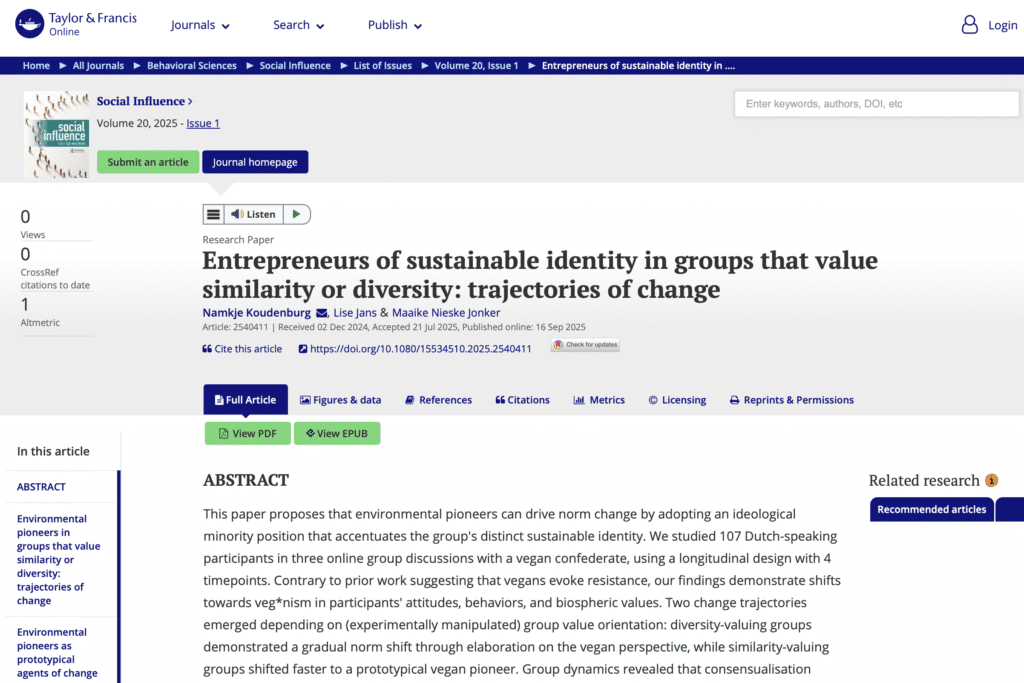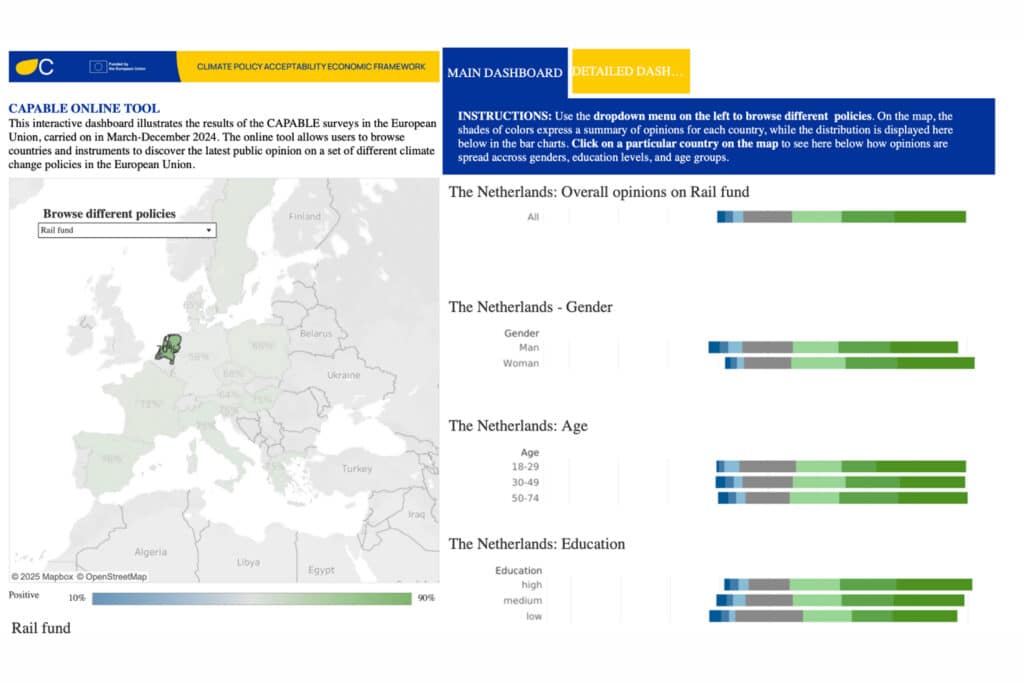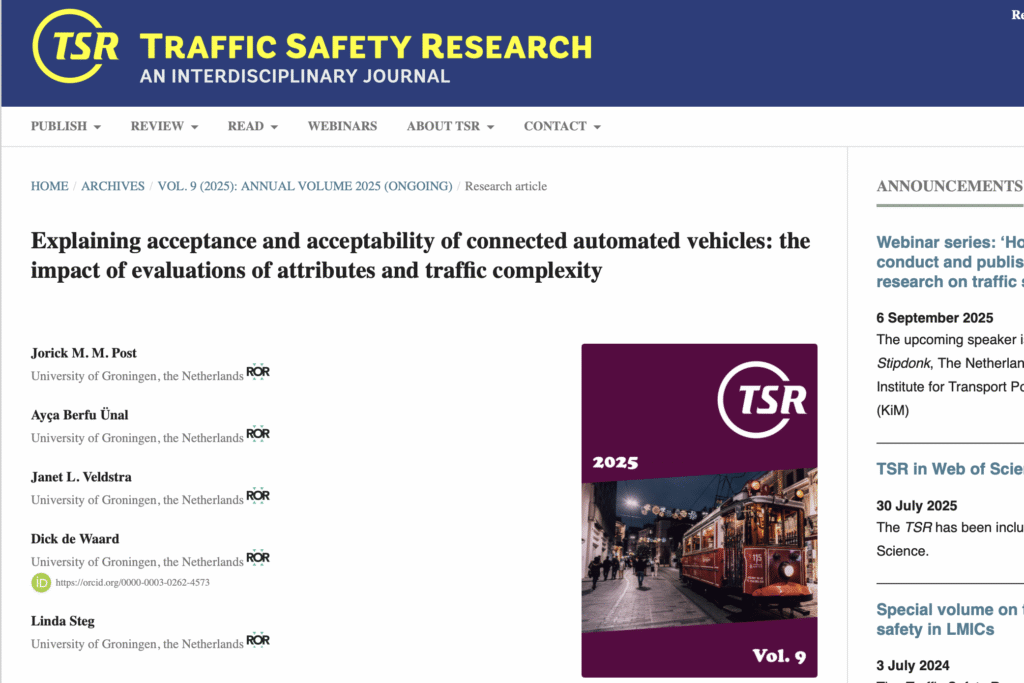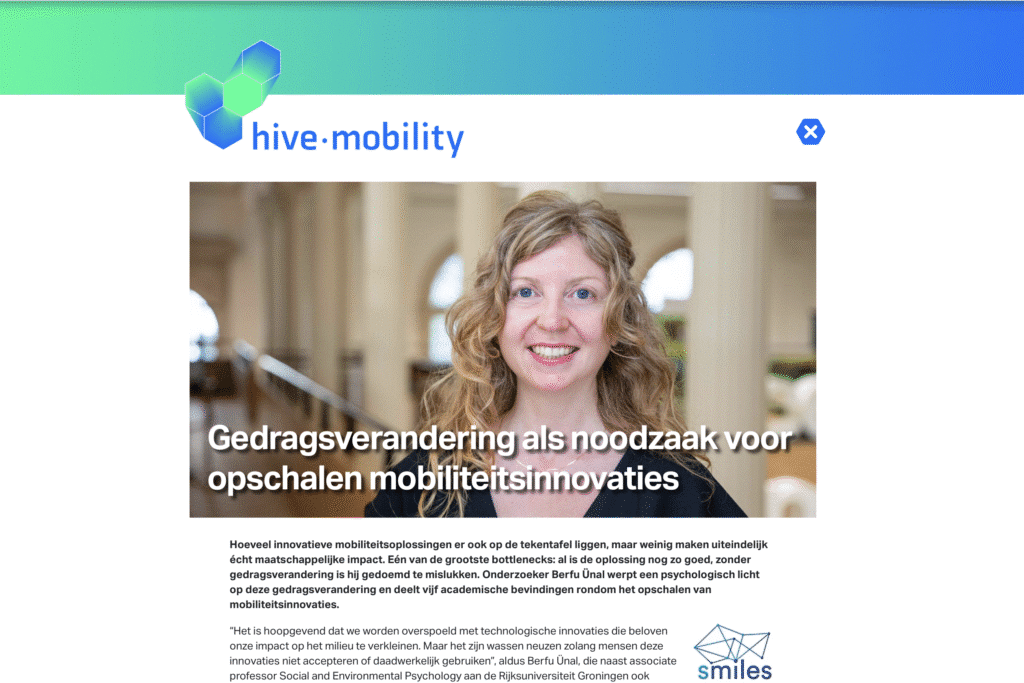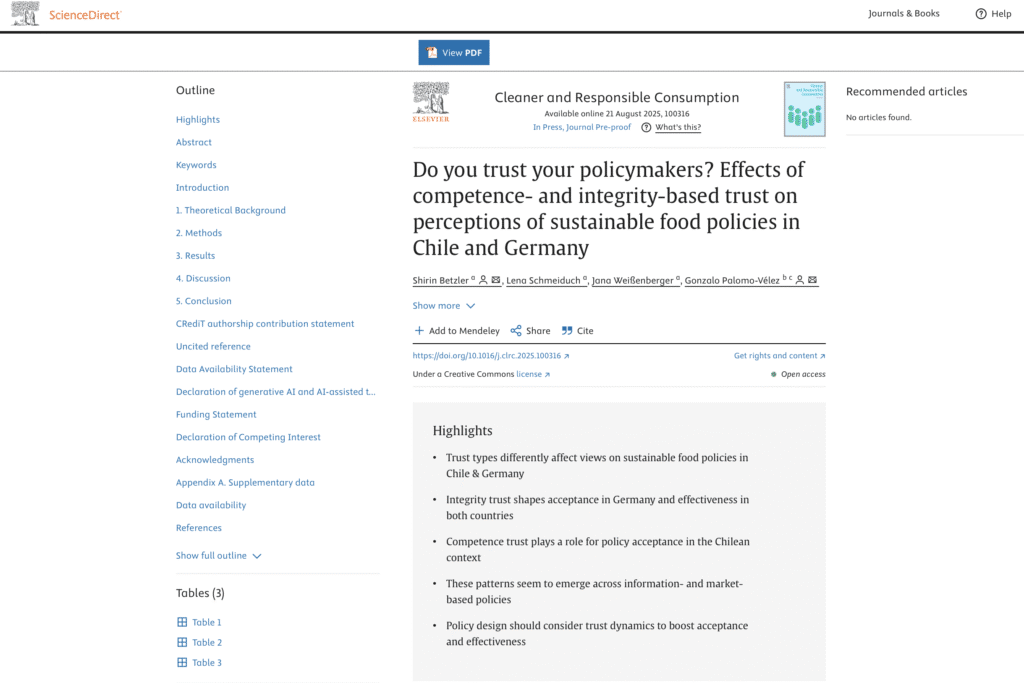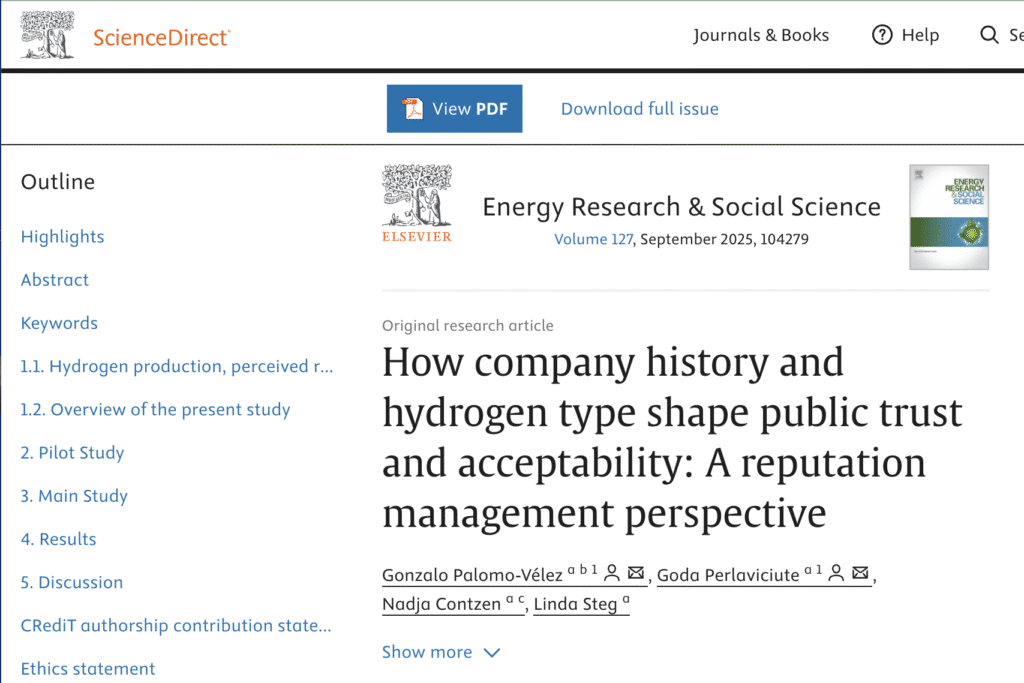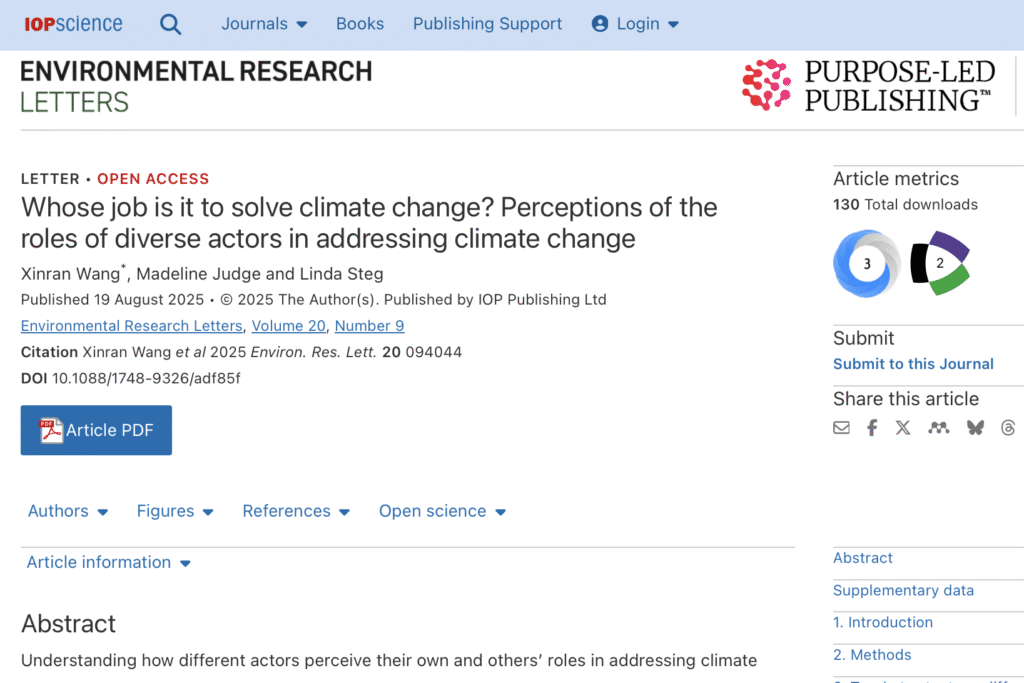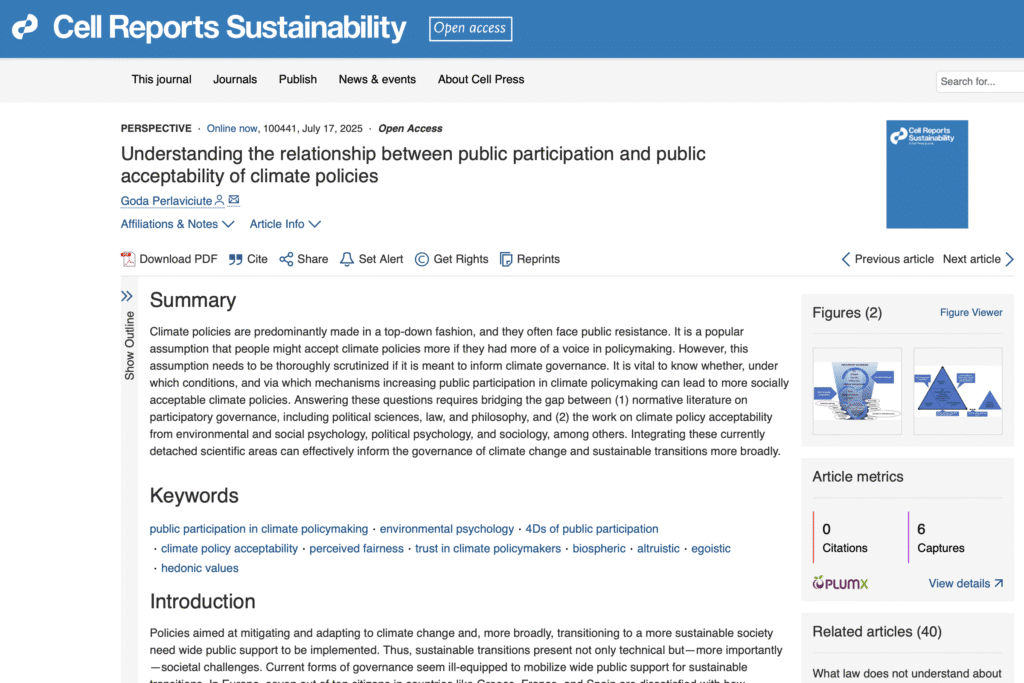Abstract
In order for community energy initiatives (CEIs) to grow and contribute to a just and sustainable energy transition, citizens from different socio-demographic groups need to be involved. Initial evidence however shows that CEIs tend to be set up and led by relatively well-off, well-educated, older men. Less is known about socio-demographic differences in CEI membership and willingness to join, and what explains why demographic groups may differ in their involvement. We examine this among a representative sample of the Dutch population (Ntotal = 1553) including both non-members and members of CEIs, examining the role of pro-environmental motivations, efficacy beliefs, and social contact with CEI members. Overall, we found mixed results regarding differences between socio-demographic groups, yet we consistently observe that men and people with a high income are more aware of and willing to join a CEI, which can partly be explained by perceived efficacy to join and contact with already involved members, but not pro-environmental motivation. We discuss how our findings contribute to informing energy communities and policy makers on designing effective strategies for engaging different (groups of) people in energy communities to achieve their full democratic and sustainability potential.
Inclusive community energy initiatives? Understanding involvement of different socio-demographic groups
Fleur Goedkoop, Lise Jans, Goda Perlaviciute, Karen R.S. Hamann
Energy Research & Social Science
May 2025
https://doi.org/10.1016/j.erss.2025.104104

